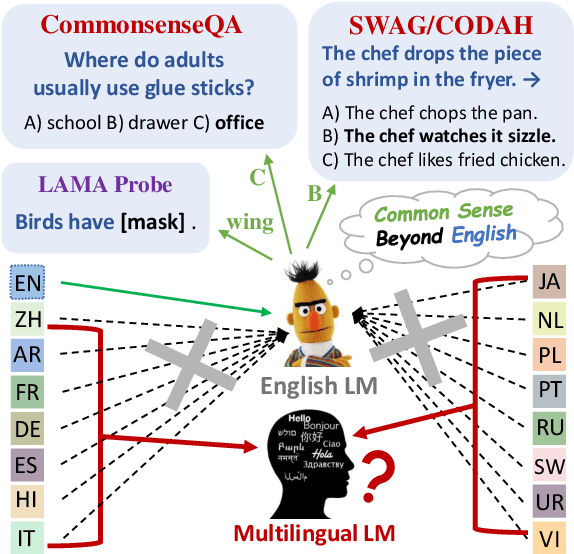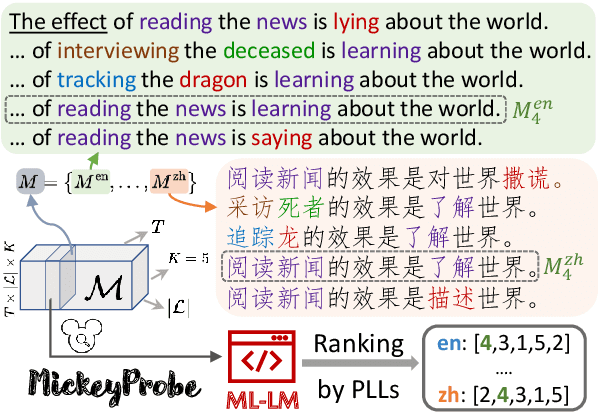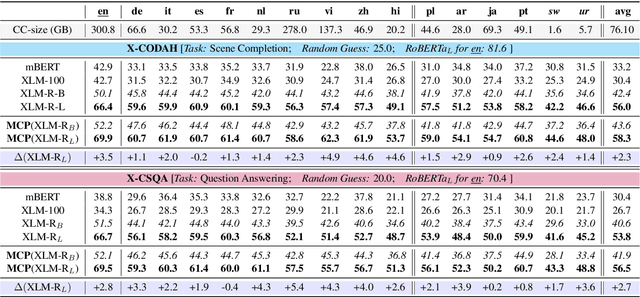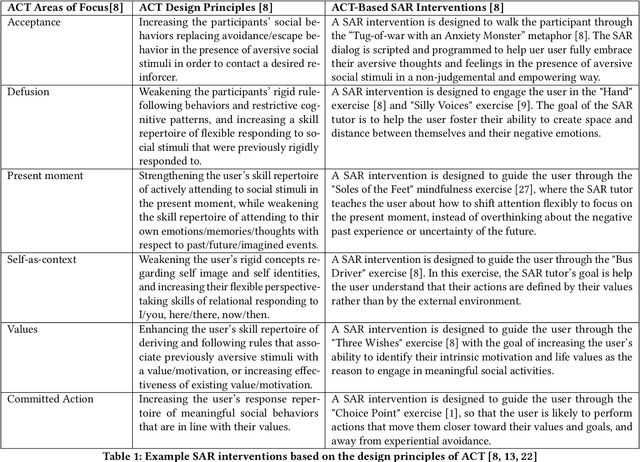Xiaoyang Qiao
Designing a Socially Assistive Robot to Support Older Adults with Low Vision
Jan 06, 2024Abstract:Socially assistive robots (SARs) have shown great promise in supplementing and augmenting interventions to support the physical and mental well-being of older adults. However, past work has not yet explored the potential of applying SAR to lower the barriers of long-term low vision rehabilitation (LVR) interventions for older adults. In this work, we present a user-informed design process to validate the motivation and identify major design principles for developing SAR for long-term LVR. To evaluate user-perceived usefulness and acceptance of SAR in this novel domain, we performed a two-phase study through user surveys. First, a group (n=38) of older adults with LV completed a mailed-in survey. Next, a new group (n=13) of older adults with LV saw an in-clinic SAR demo and then completed the survey. The study participants reported that SARs would be useful, trustworthy, easy to use, and enjoyable while providing socio-emotional support to augment LVR interventions. The in-clinic demo group reported significantly more positive opinions of the SAR's capabilities than did the baseline survey group that used mailed-in forms without the SAR demo.
Common Sense Beyond English: Evaluating and Improving Multilingual Language Models for Commonsense Reasoning
Jun 13, 2021



Abstract:Commonsense reasoning research has so far been limited to English. We aim to evaluate and improve popular multilingual language models (ML-LMs) to help advance commonsense reasoning (CSR) beyond English. We collect the Mickey Corpus, consisting of 561k sentences in 11 different languages, which can be used for analyzing and improving ML-LMs. We propose Mickey Probe, a language-agnostic probing task for fairly evaluating the common sense of popular ML-LMs across different languages. In addition, we also create two new datasets, X-CSQA and X-CODAH, by translating their English versions to 15 other languages, so that we can evaluate popular ML-LMs for cross-lingual commonsense reasoning. To improve the performance beyond English, we propose a simple yet effective method -- multilingual contrastive pre-training (MCP). It significantly enhances sentence representations, yielding a large performance gain on both benchmarks.
Personalized Affect-Aware Socially Assistive Robot Tutors Aimed at Fostering Social Grit in Children with Autism
Mar 29, 2021

Abstract:Affect-aware socially assistive robotics (SAR) tutors have great potential to augment and democratize professional therapeutic interventions for children with autism spectrum disorders (ASD) from different socioeconomic backgrounds. However, the majority of research on SAR for ASD has been on teaching cognitive and/or social skills, not on addressing users' emotional needs for real-world social situations. To bridge that gap, this work aims to develop personalized affect-aware SAR tutors to help alleviate social anxiety and foster social grit-the growth mindset for social skill development-in children with ASD. We propose a novel paradigm to incorporate clinically validated Acceptance and Commitment Training (ACT) with personalized SAR interventions. This work paves the way toward developing personalized affect-aware SAR interventions to support the unique and diverse socio-emotional needs and challenges of children with ASD.
 Add to Chrome
Add to Chrome Add to Firefox
Add to Firefox Add to Edge
Add to Edge